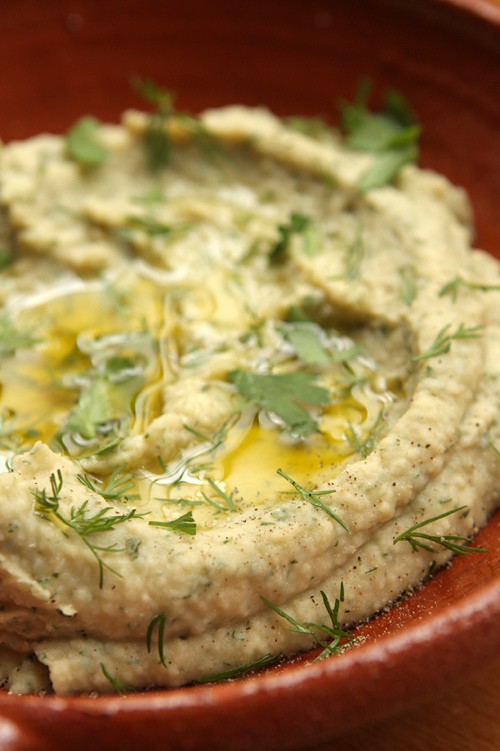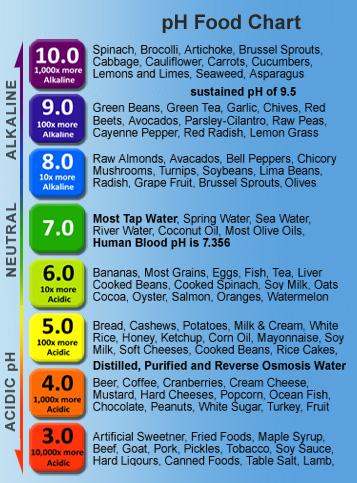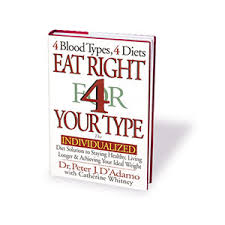Thanks to everyone for coming out to challenge yourself around food, health and motivation. Here is a summary of my info. Enjoy 🙂
Book Appointment
workshops
- No upcoming events
newsletter
facebook
Click to like us, and join the conversation
Thanks to everyone for coming out to challenge yourself around food, health and motivation. Here is a summary of my info. Enjoy 🙂
 So many of my clients as part of their blood type diet are recommended not to use chickpeas anymore. I must admit that this was one the hardest things for me to give up – and I am not alone. But don’t despair.
So many of my clients as part of their blood type diet are recommended not to use chickpeas anymore. I must admit that this was one the hardest things for me to give up – and I am not alone. But don’t despair.Throw all ingredients into a food processor and blend ’til creamy. If dip is dry, you can add more lemon to taste, or more oil, or a splash of water to get the consistency light and fluffy.
This is a very versatile base for any dip! Why not try some of these additions to keep your family excited. Oh and mum’s – it is a great place to hide LOADS of veg!
Many of us have heard that being too acidic is not great for your health. From digestive issues including excessive stomach acid, reflux, gastritis, ulcers, dry skin, cracks in the corner of your mouth, thin and easily cracked nails, sensitive gums, mouth ulcers, fatigue, muscle cramps, sore eyes, anxiety and depression – the list is not good.
The foods that cause a tendency toward acidity have been documented, however the lists are a one size fit’s all approach to pH. It’s not so much about the pH of the food before you eat it, it’s all about how it affects your blood after digesting – and that varies by blood type.
Consider these examples:
Meat might be an “acidic” food, especially for A and AB blood types. However it’s effect on O and B blood types is minimal.
Wheat is acidifying, but that effect is stronger on some individuals (such as O’s) compared with others (such as A Secretors).
Quinoa (keen wah) is the bomb, and here is why!
As you know I am always banging on about eating more protein! It helps to ground your energy and support your adrenal glands. Quinoa contains more protein than any other grain and is therefore a great way to up that protein intake! It’s considered to be a seed, and is a complete protein because it contains all eight essential amino acids. Yay Quinoa!
Quinoa is also higher in unsaturated fats and lower in carbohydrates than most grains, plus it provides a rich and balanced source of vital nutrients, including folate, zinc and potassium.
Quinoa is a migraine fighter. Riboflavin, which helps reduce the frequency attacks in migraine sufferers by improving the energy metabolism within the brain and muscle cells, is high in this over achieving grain.
The key to reducing stress is found in nourishing your nervous system. Your nervous system sets up the messages that trigger release of stress hormones and the cascade of fight flight responses. Here are a few simple techniques to help you keep calm and relaxed…
1. Nutrition – we are what we eat

 Recipe from Jude Blereau’s book, Coming home to eat, Wholefood for the Family
Recipe from Jude Blereau’s book, Coming home to eat, Wholefood for the FamilyJude is a natural food expert who has been involved with the organic and wholefood industries for almost 20 years, teaching and food coaching.
This is one of her wonderful recipes I love to make and eat, and I hope you do too.
Do you worry that being under constant stress may be affecting your long-term health?
Do you ever feel excessively tired and fatigued, get an upset stomach, feel unusually irritable, have trouble getting to sleep or wake during the night, or ever feel depressed and anxious?
Well you probably have because these are all considered symptoms of excessive chronic stress. In fact, depression and a decrease in work performance are considered hallmark symptoms of a mal-adaption to stress.
Stress can be good and bad, it is all around us. A stressful event initiates a hormone cascade, leading to increased levels of adrenaline and cortisol which facilitates alertness and readiness for action. It is when these hormones (due to continual stress) do not return to normal that a myriad of health problems can result.
Everything we do is based on relationships.
Relationships make the world go ‘round. We buy out of relationships, wars are fought over broken relationships, we have children because of relationships—every single thing that takes place on this planet is an extension of and is driven by relationships. In relationships, we can experience the peaks of ecstasy and the valleys of agony. They have the greatest potential to give us joy, cause us to grow and become more, if we choose.
The notion that our lives succeed or fail one conversation at a time is at once commonsensical and revolutionary. All of us have conversations that, for better or worse, profoundly altered our professional lives or personal lives. Who among us hasn’t spent time and energy cleaning up aftermath of a significant but failed conversation? Who among us hasn’t recognised, perhaps too late, that a client was frustrated or a loved one wounded because we failed to engage in the conversation that was needed? By the same token, most of us have left a successful conversation clicking our heels at the outcome, eagerly anticipating the next one.
While success is often measured by accumulation of titles, acquisitions and the financial bottom line, little or no attention is paid to the power of each conversation to move us towards or away from our stated business or life goals. No longer, Susan Scott set out to help us change our lives – one conversation at a time…..
1. Consume warming food
Warm, slow cooked meals and soups with highly beneficial blood type ingredients are the best at this time of year. Use root vegetables as the basis for your cooking.
It is important to avoid cold and raw foods as they create an imbalance in the spleen energy and reduce immune function. Continue reading